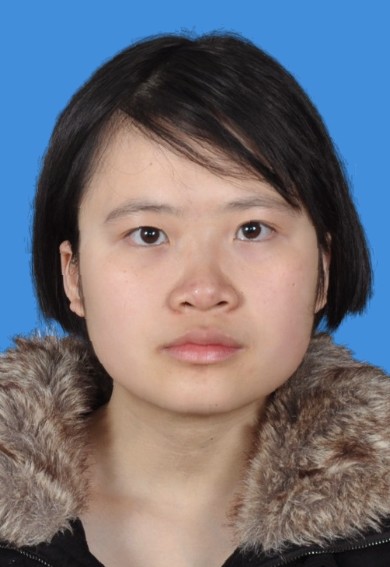
Jian-xin Liang
Jinan University, China
Title: Baicalin administration has a protective effect on hyperglycemia-Induced malformation of cardiovascular system
Biography
Biography: Jian-xin Liang
Abstract
Aims: Baicalin is a traditional Chinese medicine for tocolysis. Whether it can protects early embryonic cardiovascular development caused by gestational diabetes is obscure, and the mechanism remains unclear. In this research, early chicken embryo was used as a model to explore the molecular mechanism of baicalin in reducing the early cardiovascular developmental deformity caused by high glucose environment.
Methods: We found that 6μM baicalin administration can attenuate the death rate and retardation of chicken embryos caused by high glucose environment significantly. Thus, we observed the chick embryos in HH7, HH8, HH10, HH11stages, which are treated with simple saline, high glucose (50 mM) and/or Baicalin (6 μM). In this study, we used immunofluorescence,
situ hybridization, RT-PCR, Western blot, qPCR and others to observe the expression of the key transcription factors, and the changes of autophagy-related genes, apoptosis-related genes, ROS in the development of cardiovascular so that to study whether or not Baicalin could attenuate hyperglycemia-induced malformation of cardiovascular system and the mechanism. At the same time, we studied the mechanism involving ROS, autophagy and apoptosis, combined with HUVEC cell. In addition,
we also used Baicalin to treat the mice in diabetes model induced by Streptozotocin(STZ) and observed whether or not this has the protective impact on the blood glucose and other organs of diabetes mellitus mice.
Results: Hyperglycemia-enhanced cell apoptosis was reduced in embryos and HUVECs in the presence of Baicalin. Hyperglycemia-induced excessive ROS production was inhibited when Baicalin was administered. Analyses of classical antioxidant enzymes, MQAE and GABAA suggested Baicalin plays an antioxidant role in chick embryos possibly through
suppression of outwardly rectifying Cl(-) in the high-glucose microenvironment. What’s more, hyperglycemia-enhanced autophagy fell in the treatment of Baicalin, through affecting the ubiquitin of p62 and accelerating autophagy flux. Both Baicalin and Vitamin C could reduce apoptosis, but CQ did not, suggesting autophagy to be a protective function on the cell survival. In mice, Baicalin decreased the elevated blood glucose level caused by STZ.
Conclusions: In brief, these data suggest that hyperglycemia-induced embryonic cardiovascular malformation can be attenuated by Baicalin administration through suppressing the excessive production of ROS and autophagy. Baicalin could be a potential candidate drug for women suffering from gestational diabetes mellitus.

